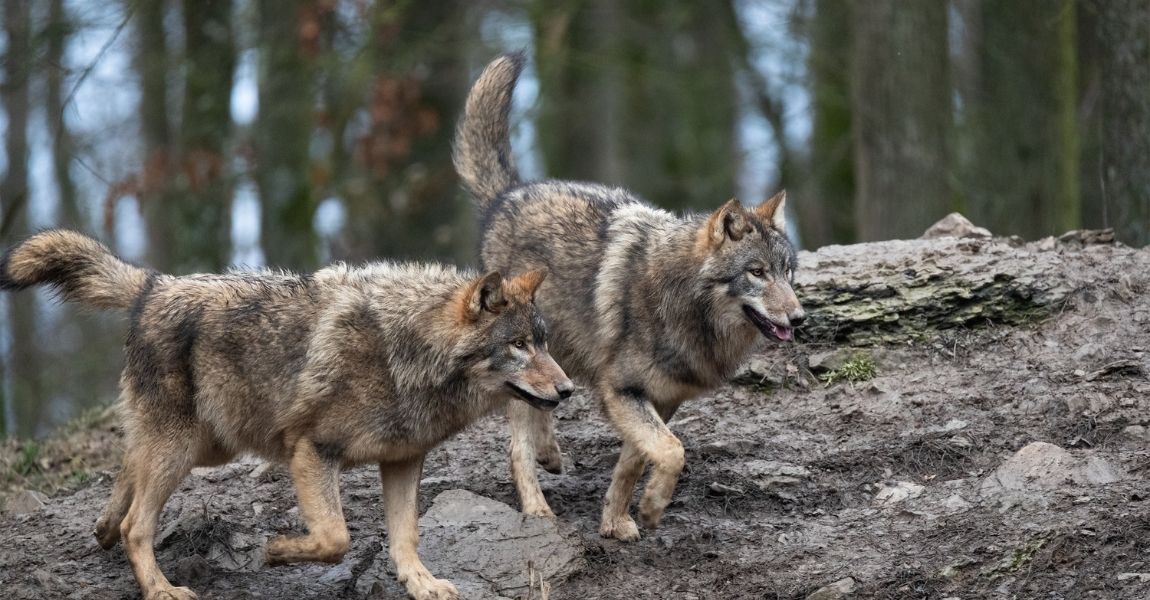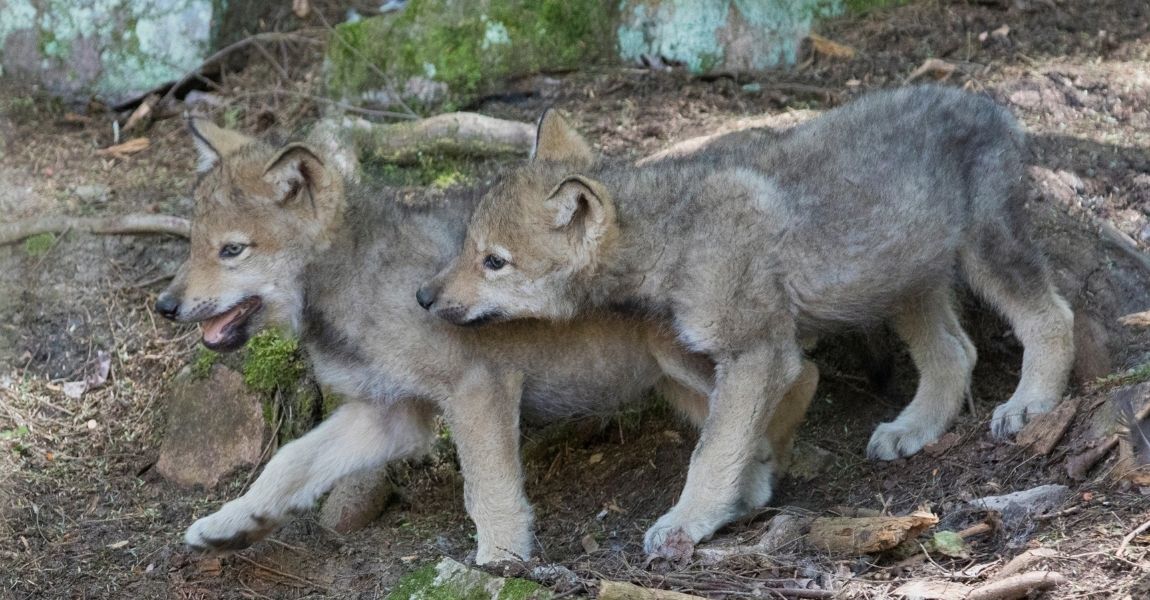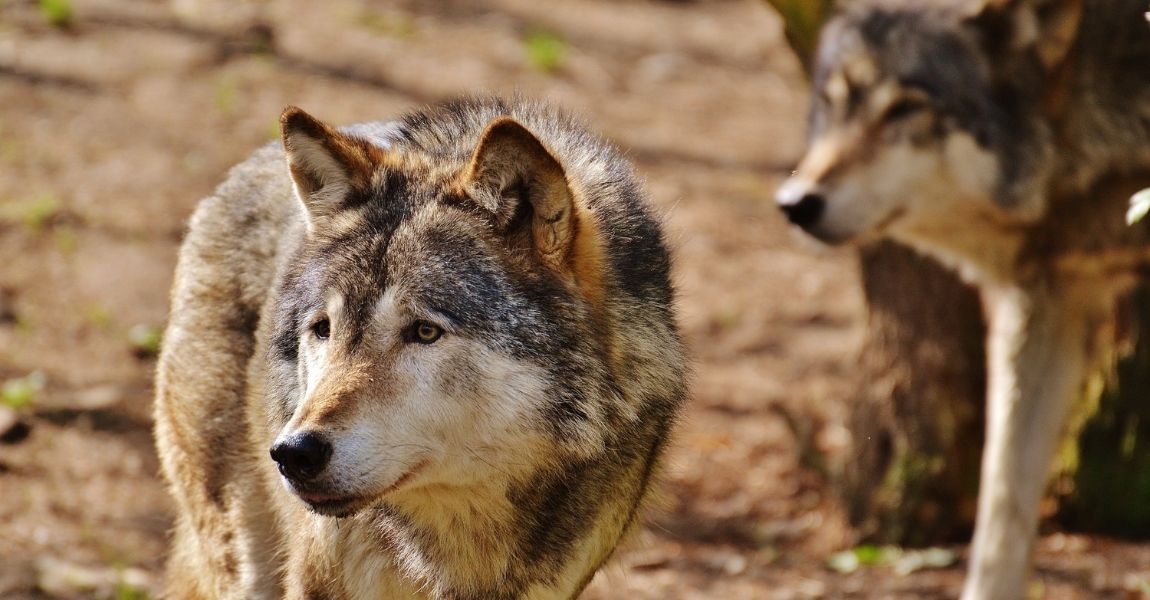Owning a wolf as a pet is a unique and challenging endeavor. Wolves are captivating and majestic creatures, but they possess specific needs and behaviors that differ greatly from those of domesticated dogs. As a first-time wolf owner, it's crucial to approach this responsibility with knowledge, preparation, and utmost respect for their wild nature. In this article, we will provide essential insights and tips to help you navigate the journey of being a responsible and educated wolf owner.
Legal Considerations:
Before considering owning a wolf, thoroughly research the legal requirements in your area. Wolves are regulated wildlife, and in many places, ownership is prohibited or heavily restricted. Comply with all applicable laws and obtain the necessary permits and licenses, if applicable.
 Expert Guidance and Education:
Expert Guidance and Education:
Seek guidance from experts who have experience in wolf care and behavior. Reach out to reputable wolf sanctuaries, conservation organizations, or specialists who can provide valuable insights and resources. Educate yourself about wolf behavior, social dynamics, and specific needs to better understand and meet their requirements.
Space and Enclosure:
Wolves need ample space to roam and express their natural behaviors. Provide a large, securely fenced enclosure that mimics their natural habitat as closely as possible. The enclosure should have multiple levels, hiding spots, and opportunities for exercise. Ensure the fencing is sturdy and predator-proof to prevent escapes and protect both your wolf and surrounding wildlife.
Proper Diet and Nutrition:
Wolves have unique dietary needs that differ from those of domesticated dogs. Consult with a veterinarian or a specialized wolf nutritionist to create a balanced diet plan tailored to your wolf's individual needs. A diet typically consists of raw meat, bones, and supplements to ensure they receive the necessary nutrients for optimal health.
 Mental Stimulation and Enrichment:
Mental Stimulation and Enrichment:
Wolves are highly intelligent animals that require mental stimulation to prevent boredom and promote overall well-being. Provide a variety of interactive toys, puzzles, and enrichment activities to keep them mentally engaged. Rotate toys regularly to maintain their interest and simulate their natural hunting and problem-solving instincts.
Socialization and Companionship:
Wolves are inherently social animals and thrive in the company of their own kind. Whenever possible, consider keeping more than one wolf to provide socialization and companionship. If owning multiple wolves is not feasible, provide opportunities for supervised interactions with other compatible canines to fulfill their social needs.
 Ongoing Training and Boundaries:
Ongoing Training and Boundaries:
Training a wolf requires a deep understanding of their behavior and natural instincts. Seek professional guidance to establish boundaries, reinforce basic commands, and ensure their safety. Consistency, positive reinforcement, and patience are essential when working with a wolf. It is crucial to prioritize safety and manage any potential aggression or dominance issues.
Respect and Conservation:
Remember that owning a wolf comes with the responsibility of promoting their conservation and welfare. Support organizations and initiatives dedicated to wolf conservation, habitat preservation, and research. Advocate for responsible ownership and share your knowledge and experiences to help dispel misconceptions about wolves.
Conclusion:
 Owning a wolf as a pet is a significant responsibility that requires extensive knowledge, preparation, and dedication. Ensure you are well-informed about the legal aspects, ethical considerations, and specific needs of wolves. By creating a suitable living environment, providing a proper diet, engaging in mental stimulation, and seeking professional guidance, you can embark on a journey as a responsible wolf owner. Always prioritize the well-being and natural instincts of your wolf companion, respecting their wild spirit and contributing to their conservation. With careful attention and committed care, your relationship with a wolf can be a unique and rewarding experience.
Owning a wolf as a pet is a significant responsibility that requires extensive knowledge, preparation, and dedication. Ensure you are well-informed about the legal aspects, ethical considerations, and specific needs of wolves. By creating a suitable living environment, providing a proper diet, engaging in mental stimulation, and seeking professional guidance, you can embark on a journey as a responsible wolf owner. Always prioritize the well-being and natural instincts of your wolf companion, respecting their wild spirit and contributing to their conservation. With careful attention and committed care, your relationship with a wolf can be a unique and rewarding experience.




